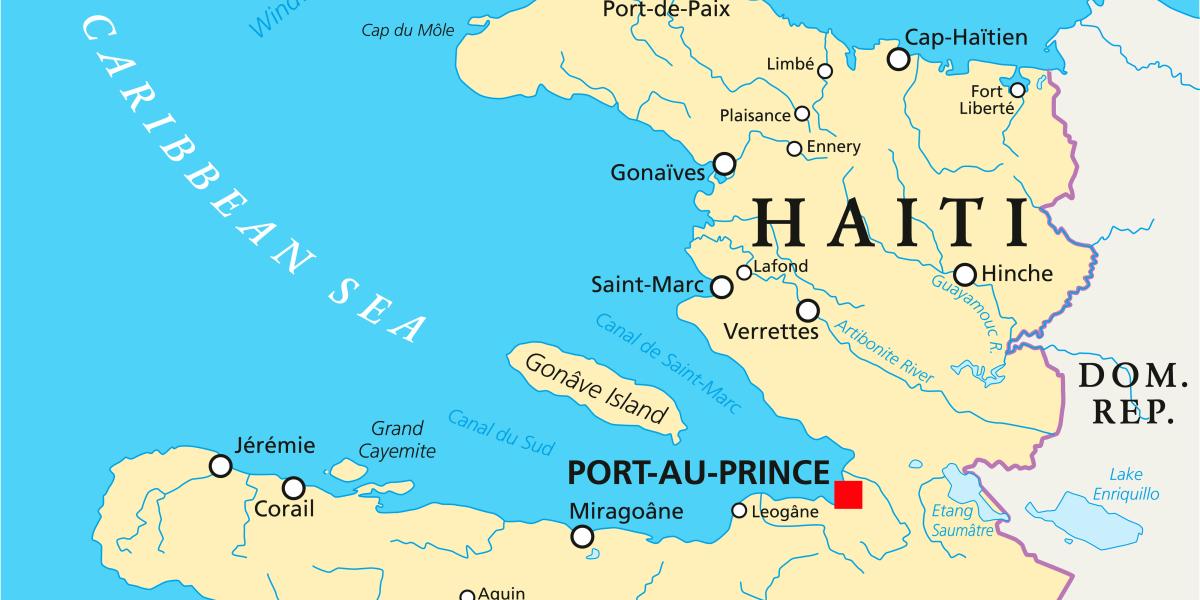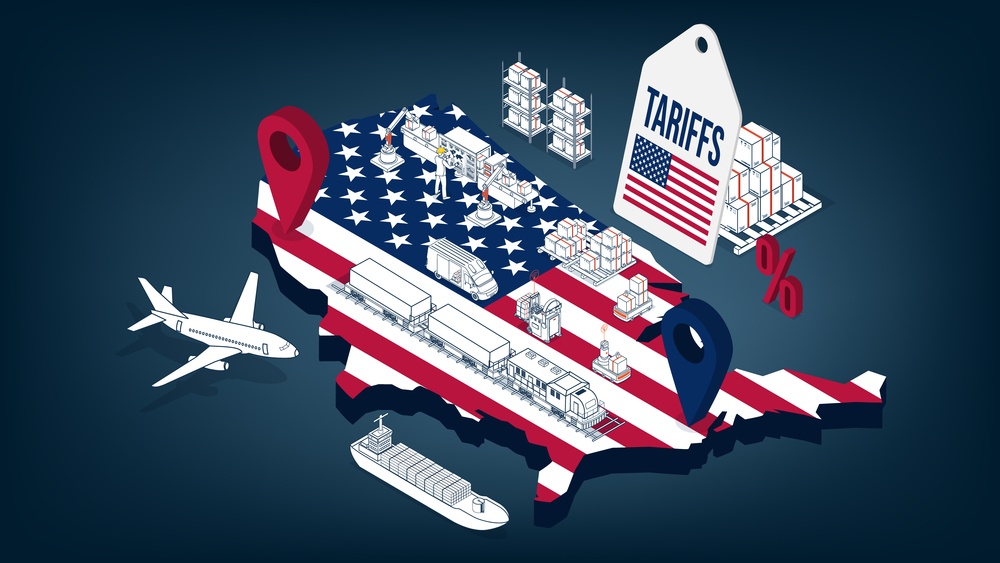Developing countries in Africa and the Caribbean continue to press the United Kingdom for reparations, believing that financial compensation will rejuvenate their economies. However, history has demonstrated that large inflows of money from rich nations have failed to spur sustained economic growth. Africa alone has received over $1 trillion in aid, yet economic performance across the continent remains disappointing. Similarly, Commonwealth nations in the West Indies, which have benefited disproportionately from UK aid since the early 1960s, have struggled to achieve significant economic growth. Instead of lobbying for reparations, African and Caribbean countries should focus on the proven strategies that have propelled successful economies—namely, investing in human capital, adopting foreign technologies, and fostering entrepreneurial innovation.
One of the primary reasons developing nations struggle to benefit from foreign expertise is their limited absorptive capacity—the ability to assimilate and effectively use external knowledge and technology. Late-industrializing East Asian economies, in contrast, accelerated their growth by making deliberate investments in human capital. Entrepreneurs in these nations licensed foreign technologies, trained engineers in advanced industrial techniques, and implemented best practices from global markets. Industrial knowledge was systematically codified and applied to local economic practices, thereby creating a framework for sustained innovation.
East Asian economies also capitalized on their intellectual assets. Lacking significant natural resources, they prioritized education and skills development, ensuring that their workforce was equipped to handle the demands of emerging industries. By initially focusing on low-cost manufacturing and gradually moving toward high-tech production, countries such as South Korea, Taiwan, and Singapore transitioned from developing economies to global leaders in technological innovation.
African and Caribbean nations can replicate this success by strategically assessing their technological needs and ensuring that investments in education and skills training align with industry demands. To enhance absorptive capacity, their entrepreneurs should invest in initiatives that facilitate knowledge transfer from global leaders in innovation and technology.
For economic transformation to be effective, African and Caribbean entrepreneurs must conduct technological needs assessments of selected industries. This process identifies the specific technologies that are essential for industrial advancement. Unfortunately, many developing countries fail to examine their ability to adopt new technologies, which often results in ineffective technology transfer programs. The relevance of technology in a local context is critical to its successful integration.
Innovation audits can further help developing economies improve corporate innovation policies. These audits assess the effectiveness of existing innovation strategies and identify areas for improvement. Many developed countries, including the UK, have extensive experience conducting such assessments. African and Caribbean nations should leverage these capabilities by negotiating targeted partnerships with developed nations that prioritize industrial and technological development over non-growth-oriented aid projects.
However, many African and Caribbean nations continue to embrace funding for social projects that do not contribute to long-term economic growth. Yet such programs do not address the fundamental barriers to development. Instead of passively accepting aid for politically tinged climate initiatives or short-term welfare schemes, developing countries should actively demand that multilateral organizations fund programs that enhance industrial capacity and technological adoption.
The World Bank, for instance, has expertise in conducting technological needs assessments, and the UK has a strong track record in innovation audits. African and Caribbean nations should use their influence to ensure that foreign aid is directed toward initiatives that promote industrial competitiveness. If financial assistance from rich countries is to be accepted, it should be channeled into productive endeavors that yield sustainable economic benefits.
For instance, one of the most telling examples of the economic challenges facing developing nations is Nigeria’s struggle to convert its agricultural advantages into an industrialized economy. Despite its vast agricultural resources, Nigeria remains dependent on exporting raw agricultural commodities rather than developing value-added agro-processed goods.
Ikechukwu Kelikume, director of agribusiness at the Lagos Business School, highlights this inefficiency: “Most of the things we export raw, we virtually import them back as finished products.” This cycle illustrates that Nigeria’s primary economic constraint is not a lack of money but a deficit in technical expertise and industrial capability. Without the know-how to refine raw materials into high-value products, developing nations will remain locked in a pattern of economic stagnation.
To correct these deficits, some development advocates argue that African and Caribbean nations must focus on becoming more inventive to supercharge economic growth. However, invention alone does not guarantee prosperity. Economic growth occurs when inventions are successfully commercialized and scaled. Even in an innovative country like England, many inventions are commercialized elsewhere. This does not suggest that the English lack commercial acumen but rather that other nations have excelled in monetizing inventions more effectively.
For African and Caribbean nations, the lesson is clear: economic transformation requires a shift from being passive consumers of foreign goods to becoming active participants in global innovation networks. This means fostering an entrepreneurial ecosystem that prioritizes industrial application over mere invention.
The modern era of globalization presents an unprecedented opportunity for developing countries to integrate into the global economy. The diffusion of information and technology has reduced barriers to entry, making it easier for emerging economies to access the knowledge needed for industrial success. Therefore, developing countries in Africa and the Caribbean must pivot away from the reparations narrative and instead focus on strategic economic policies that drive industrialization and technological adoption. This shift requires significant investments in human capital, proactive engagement in global innovation networks, and a demand for productive foreign partnerships.
By conducting technological needs assessments, sponsoring innovation audits, and leveraging global expertise, these nations can break free from the cycle of dependency and become leaders in high value economic production. Resource wealth alone is not enough; without the knowledge and skills to transform raw materials into finished goods, economic progress will remain elusive.
The path to prosperity lies not in reparations but in innovation. Rather than looking backward, African and Caribbean nations should embrace the strategies that have propelled other countries to success, ensuring that they are trendsetters in the global economy rather than perpetual supplicants.



























